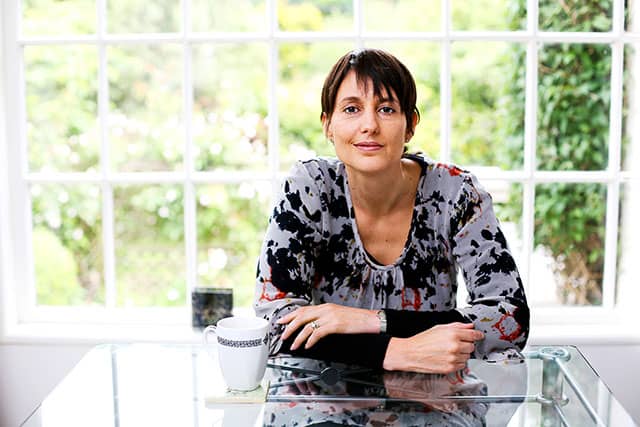WELLINGTON (Web Desk) – A terminally ill New Zealand woman has gone to court seeking the right for a doctor to help her die without criminal prosecution.
Lecretia Seales, 41, is asking for a declaratory judgment ensuring her GP will not face charges under the Crimes Act if, and when, she assists her to die, her lawyers said in a statement on Saturday.
Ms Seales’ statement of claim, filed in the High Court in Wellington on Friday, argues that under section nine of the New Zealand Bill of Rights Act she has a right not to be subjected to cruel, degrading or disproportionately severe treatment.
Her lawyers will argue statutory prohibitions against assisting a person to die, or hastening their death, even with their consent, breach fundamental human rights to liberty and personal autonomy.
Ms Seales, who has worked for high profile Wellington law firm Chen Palmer, the Department of Prime Minister and Cabinet and as a leading law reformer, was diagnosed with a terminal brain tumour in 2011 at the age of 37.
Surgery and a range of drugs gave her several more years of quality life than initially predicted but a recent MRI scan showed the tumour was advancing.
She and her husband Matt have been told she may only have months to live.
Even if the case is successful, Ms Seales is uncertain about ending her life with medical assistance.
“I am not saying that I will necessarily choose to exercise this right, and nor for one moment am I suggesting others in my position should be asked to make such a choice,” she said.
“I am simply saying that I, Lecretia Seales, a human being confronted with the inescapable reality of my death, and the prospect of great suffering – for me and those who love me – must have the right to determine when I have reached the end of the road.”
The relief she is seeking from the court would apply only to her circumstances based on medical evidence.
“I am the one who has been inflicted with this disease, no one else. It is my life that has been cut short. So who else but me should have the authority to decide if and when the disease and its effects are so intolerable that I would prefer to die?”
But Family First says while her story is heartbreaking, it shouldn’t be solved in the courtroom or by a change of law.
National director Bob McCoskrie says palliative care is real “death with dignity” and allowing assisted suicide would be the “thin edge of the wedge”.
“To allow assisted suicide would place large numbers of vulnerable people at risk – in particular those who are depressed, elderly, sick, disabled, those experiencing chronic illness, limited access to good medical care, and those who feel themselves to be under emotional or financial pressure to request early death.
“Patients will come to feel euthanasia would be `the right thing to do’, they have had a `good innings’, and they do not want to be a `burden’,” he said.
Seales’ legal team will be looking to expedite the case in view of her declining health.














